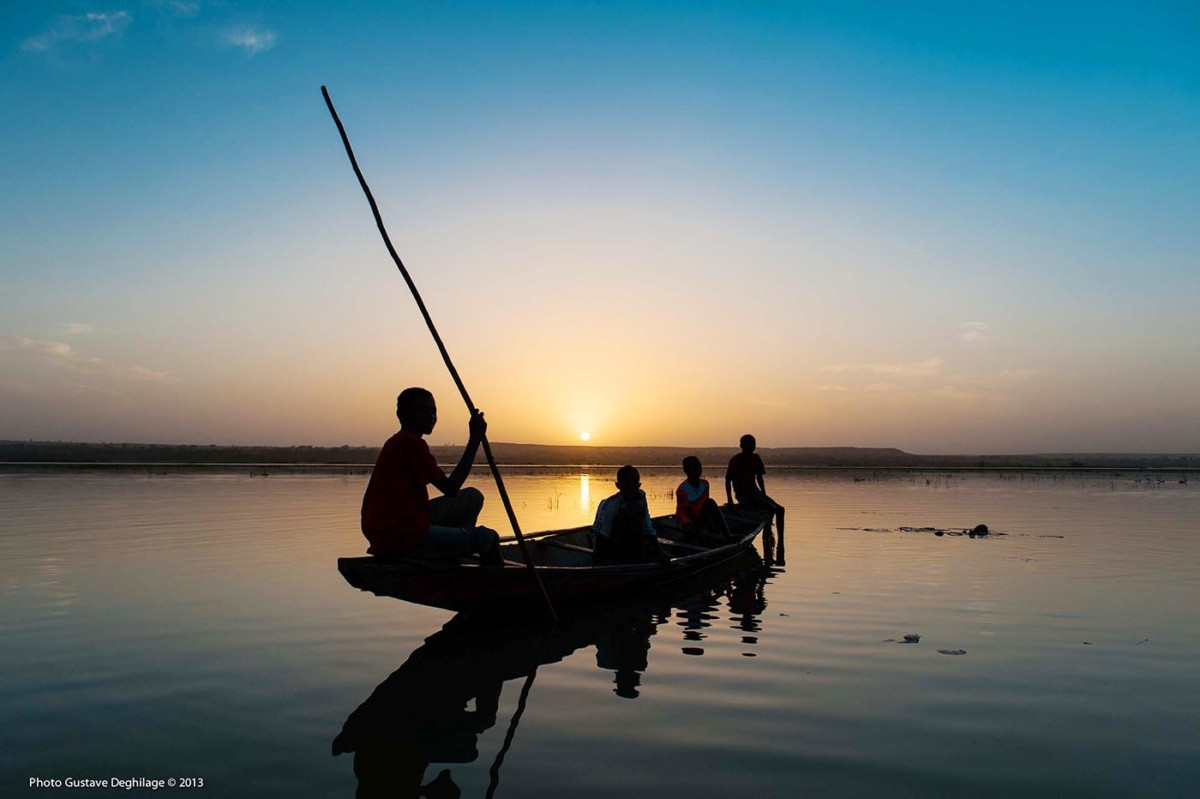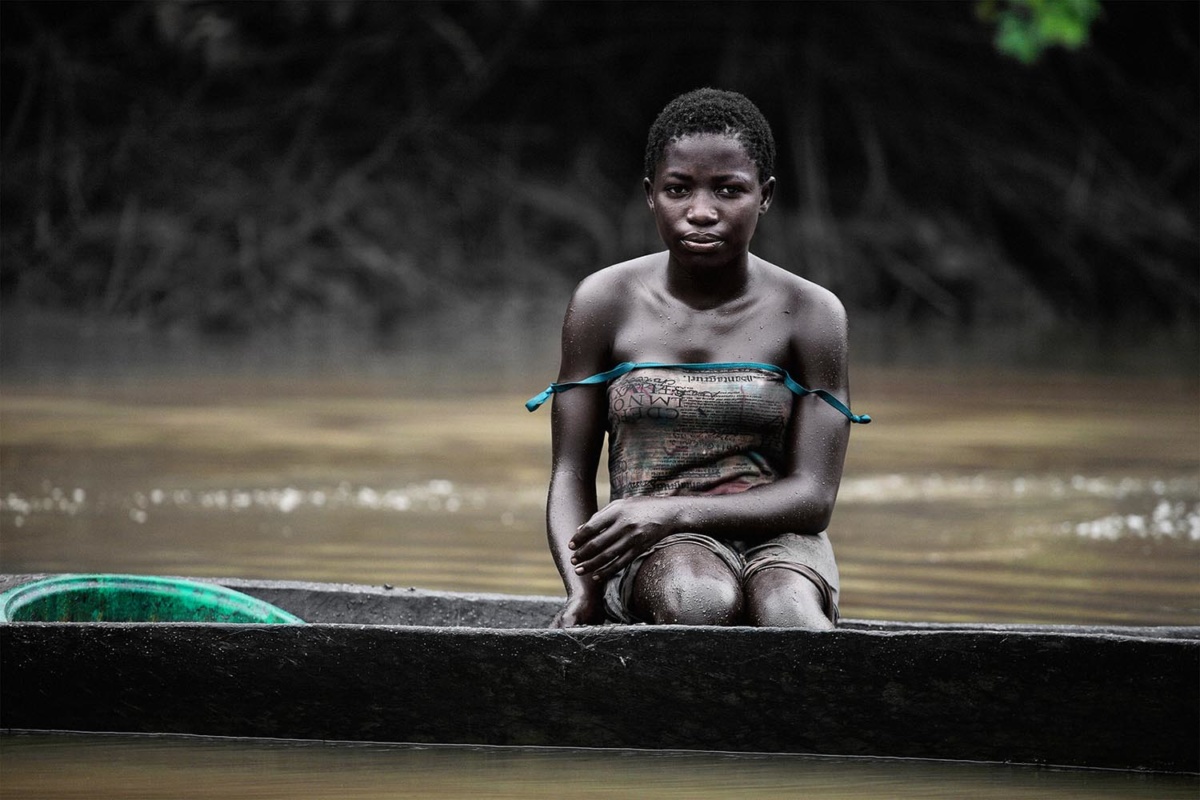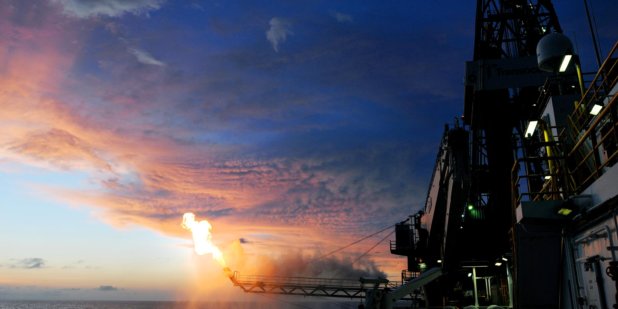- About
- Topics
- Picks
- Audio
- Story
- In-Depth
- Opinion
- News
- Donate
-
Signup for our newsletterOur Editors' Best Picks.Send
Read, Debate: Engage.
In his Book "Oil on water" (2010) Helon Habila explores the conflict between idealism and cynical disillusionment in a journey full of danger and unintended consequences in the oil-rich and environmentally devastated Nigerian Delta.

What's the most visible change that occurred in the Niger Delta's landscape since the arrival of Shell?
Helon Habila: Shell has been in Nigeria even before the first oil well was discovered. They discovered the first oil field in Oloibiri in 1956. So, Shell has been there from the very beginning, and like it or not, its name is linked to every stage of oil production in Nigeria—including the environmental pollution and ecological disasters currently taking place. To answer your question: the Niger Delta used to be one of the most beautiful wetlands on earth. It used to be referred to as the lungs of West Africa, because of the river veins and arteries making their way down to the Atlantic. It housed a wide variety of flora and fauna, and was the mainstay of the economic activities of that region, from farming to fishing to transportation.
If you were to walk close to an oil spill, what would be the sense that would most be affected by the pollution and why?
I have seen a bunch of them in Port Harcourt and in Bayelsa. The most noticeable thing is first the smell—I describe it as sulphurous. That unique smell of petroleum and tar, it is pungent, it is unpleasant, it is unmistakable. And then there is the visual. The shimmering, slick reflection caused by oil on water. The river bank is also covered in this oily black matter. This sight takes your mind back to how these rivers used to be, how they should be, pure and fresh, and you also realize that there is an entire generation of kids born in this area who have never really experienced a pure, clean river. This is actually the way they imagine a river to be. Covered in oil.
How would you describe the communities who are fighting to protect their land from a blind exploitation?
All I can say is I feel for them. I am in solidarity with them. I can best describe them as being under siege. It is painful to watch your environment being systematically destroyed in front of your eyes, the birds, the fishes in the sea, the animals, all destroyed by this relentless greed for profit. I can understand why some of them resort to violence and other extreme measures to protect the environment—because the government turns a blind eye to what is going on. Ken Saro-Wiwa likens this to a genocide.

How can life be rebuilt in a place affected by an environmental disaster?
It will take time. It will take persistence. It will be painful. There will be setbacks for every progress made. We are watching this unfold in our life time. We have seen the rise and activism of Ken Saro-Wiwa, we have seen how he was killed by the government, we have seen how his activism has inspired a whole movement, not just in Nigeria but around the world. The oil companies and multi-nationals are powerful and resourceful, they will not give up easily. We have seen how they align themselves to conservative movements, and how they try to discredit scientific findings about environmental changes, and how they push back against alternative energy sources. Donald Trump, in a very cynical and spiteful move, actually made an oil company CEO his Secretary of State. It will take the involvement of every one of us, it will take education, and it will require the use of all legal and institutional resources available. It will take many generations. I am however encouraged to see how global the pro-environment movement is, especially among the younger generation.
How do you see Nigeria, and in particular the area around the Niger Delta, in 15-20 years?
There have been a few successes in court. It shows that Shell and other multi-nationals are not invincible. Incrementally they are being challenged and bested. In 15-20 years when people begin to really feel and see the impact of pollution, they will rise up even more strongly against oil companies. I am of course being optimistic. I always hope for the best. But then, things are so bad that I can’t see how they can get any worse.
